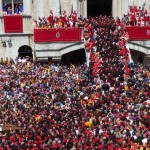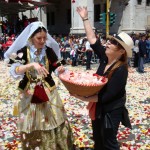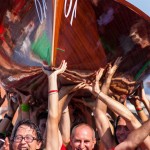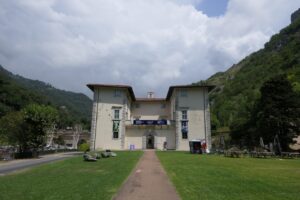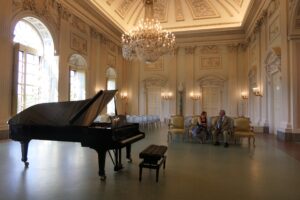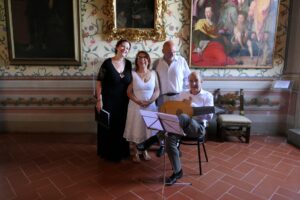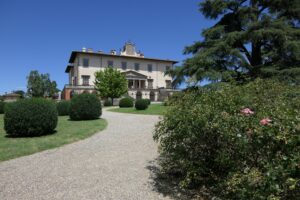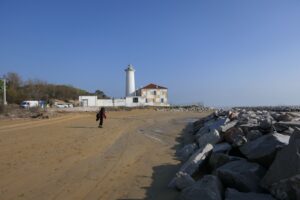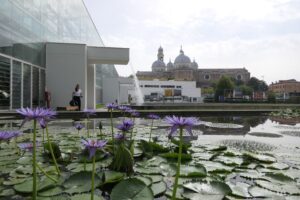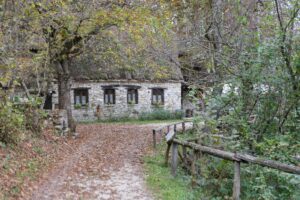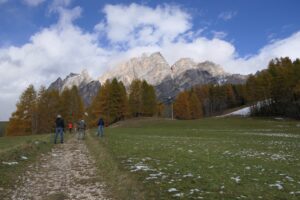Much more than a sailing race
Folklore is a serious matter in Italy!
Italian traditional festivals and fairs are genuine
Traditional Italian country festivals and fairs are genuine, thought not for touristic purposes. They come from real historical roots and from communities with strong identity. Italy is a country rich in anthropological biodiversity: here you can find many different languages, landscapes, food… Many different contexts, a wide range of possibilities.
Gubbio and Saint Ubaldo Day
Every 15th of May Gubbio hosts a great event called “Festa dei Ceri” (it’s Saint Ubaldo Day): people carry along the city streets three big wood cylinders, 300 kg heavy each, which represent three candles in honor of three Saints. Everybody feel actively involved, even the emigrants who usually come back for this special day. It is a Christian festival, coming from a pagan fertility rite that dates back to 2000 years ago and which is told in the popular “Tavole Egubine”.
In Italy every festival draws its inspiration from history. Have you ever heard about “Palio delle porte” (doors festival) of Gualdo Tadino, near Perugia? It is a race on donkeys, where people ride bareback. It is a quite recent revival event, but the tradition historically dates back to the Middle Age, since 1519. In this area just a few decades ago, donkeys were important for the fieldwork and as means of transportation. Thanks to this festival, many farmers are reevaluating donkeys, for example for their healthy milk.
The famous “Batailles de Reines” of Aosta represents the dispute among the painted cows. This is an instinctive action of these animals, that compete to gain the best mountain pasture areas. The “Infiorata di Sant’Efisio” (flower parade) of Cagliari is a street parade of knights and horses, where all the people wear local traditional costumes.
- Alpago traditional dancers and musicians
- Ceri di Gubbio
- Cagliari, Saint Efisio parade
La Spezia and the Gulf Palio
The Gulf Palio of La Spezia is a sailing race between different rower crews, representing the neighbourhoods of this area. The Palio come from the old competition among local fishermen, who had to arrive first ashore to sell their fishes at the market at the best price. Today it is still quite competitive, but it represents above all a moment of cohesion among the different social and linguistic parts of this recent community: La Spezia has begun its demographic growth in the 19th century, when the military dockyard drew a lot of workers from all over Italy.
There are so many examples! Let’s take Italian folklore seriously!


